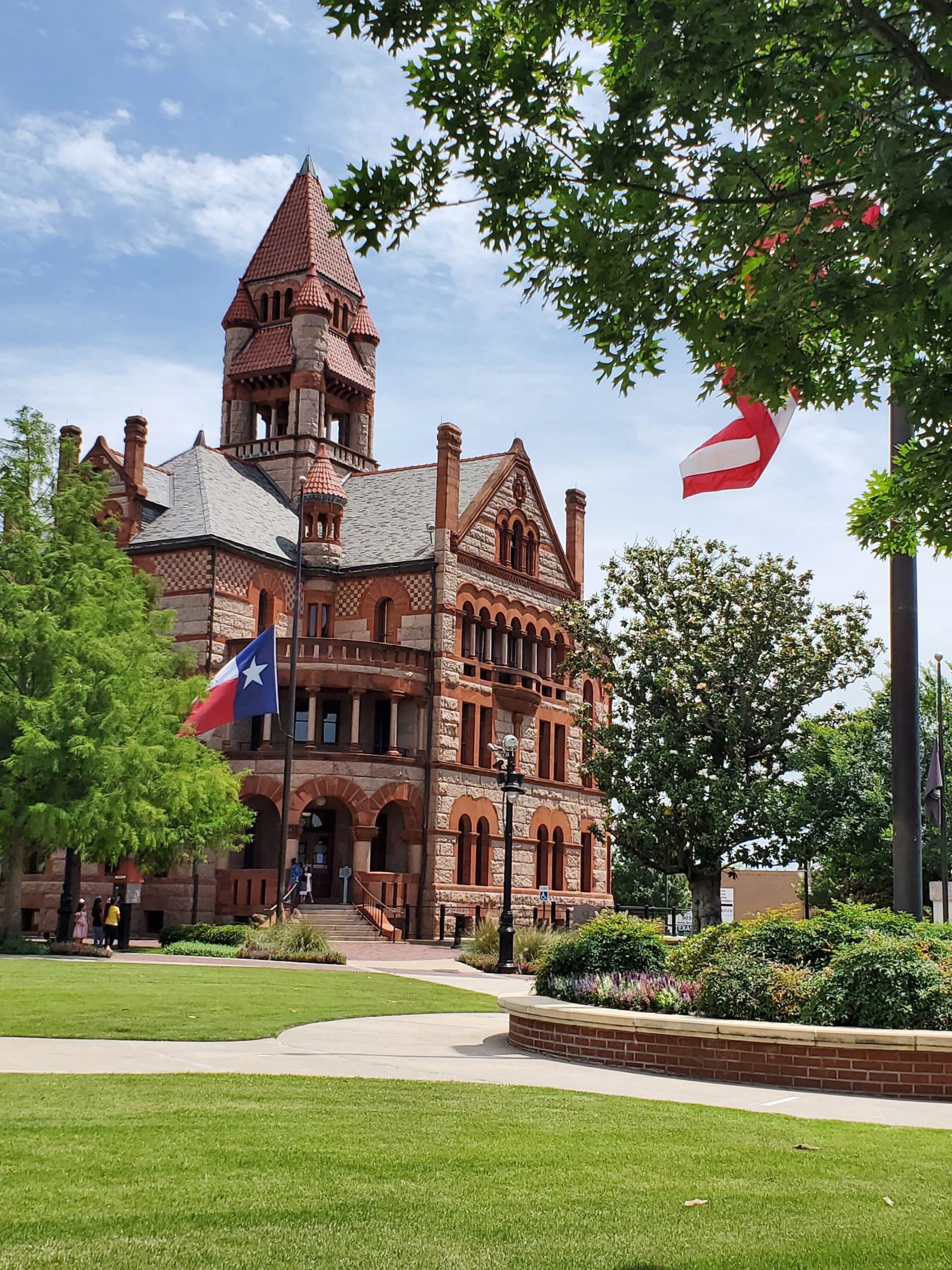Introduction
Despite the common adage “the testator is king,” certain countervailing legal rights can impose limits on testamentary autonomy. Part I discusses wills that are denied probate by reason of violating public policy against illegality and immorality. However, in these cases, judges strike down individual testators’ wills within the realm of private law. Consider then whether, rather than wills, entire statutory provisions are declared void on the basis of unconstitutionality. The case of Lawsen Estate v. Nova Scotia (Attorney General) raises the question of whether the right to testamentary autonomy has a home under our Charter section 7 liberty interest and section 2(a) freedom of conscience and religion. When the government legislates, it must do so in accordance with the principles of the Charter of Rights and Freedoms. So what does this mean for the Law of Wills?
Lawsen Estate v. Nova Scotia (Attorney General): Background
In Lawen Estate v. Nova Scotia (Attorney General), 2019 NSSC 162, the testator, Jack Lawen, owned several profitable rental properties in Halifax. He had three daughters, Catherine, Samia, and Mary, and one son, Michael. Jack made a will in 2009 leaving $50, 000 to his first two daughters and the residue of his estate to his son. (The judgment did not inquire as to why Jack left no part of his estate to his third daughter or the amount of the residue of his estate.) Jack passed away in 2016 and his will was probated. His three daughters contested the will, arguing that it failed to make adequate provisions for them pursuant to the Nova Scotia Testators’ Family Maintenance Act (“TFMA”).
In response, Jack’s son and brother, his named executor, brought an action to have sections 2(b) and 3(1) of the Nova Scotia Testators’ Family Maintenance Act (“TFMA”) declared unconstitutional on the basis that they violated either the section 2(a) freedom of conscience and religion or section 7 right to liberty in accordance with the principles of fundamental justice under the Charter. The applicants argued that the impugned provisions gave judges the discretion to override a testator’s intentions by allowing for claims from non-dependant adult children.
Subsection 3(1) of the TFMA permitted a judge to make an order for “adequate maintenance and support” for a dependant where a testator has not done so in her will. Section 2 of the TFMA defined “child” and “dependant,” providing:
2 In this Act,
(a) “child” includes a child
(i) lawfully adopted by the testator,
(ii) of the testator not born at the date of the death of the testator,
(iii) of which the testator is the natural parent;
(b) “dependant” means the widow or widower or the child of a testator…
Within the meaning of the TFMA, a “dependant” would not be required to demonstrate actual financial dependency or need. Rather, any child, widow, or widower of a testator could qualify for this relief.
Moral Obligations of the Testator
In its decision, the Supreme Court of Nova Scotia first discussed the common law “moral obligation” of making testamentary dispositions for one’s dependants. In 1994, the Supreme Court considered a substantially similar British Columbia provision to the Nova Scotia TFMA, found in the Wills Variations Act. In Tataryn v. Tataryn Estate, 1994 CanLII 51 (SCC), [1994] 2 SCR 807, the Court measured two competing aims of the Act, to “ameliorate … social conditions within the Province” by making “adequate, just and equitable provision for the spouses and children of testators” and to protect testamentary autonomy. However, the Act limited the latter right by requiring testators to provide for their spouses and children adequately and equitably “within the circumstances.”
The Court did not discuss Charter principles in Tataryn. However, it did foreground preliminary analyses of the rights to autonomy over one’s property and gender equality concerns, the latter a direct result of lobbying by women’s organizations. In Tataryn, however, the Court distinguished between the “moral” and “legal” norms that dictate “adequate, just and equitable” provision by a testator. Ultimately, the Court firmly framed dependants’ relief legislation as a moral obligation: there need be no need for actual financial dependency or for an explicit legal obligation of support. According to the Court, dependant relief should be considered in the context of a testator’s estate and the public policy benefits of such legislation.
In contrast, the Manitoba Dependants Relief Act requires a “dependant” to exhibit actual financial dependency on a testator. Ironically, its definition is much broader than the one found in the TFMA; it includes spouses, former spouses who still relief financially on the testator at the time of their death, common-law partners, children and all other descendents, parents, and siblings who were substantially dependant on the testator before their passing. The Court then compared the Nova Scotia TFMA to all other provincial wills legislation. It concluded that, while most other Canadian jurisdictions have amended their legislation to narrow the class of potential applicants who could qualify for dependant relief by excluding adult children who are not dependent on the testator, Nova Scotia had not done so. Moreover, as a policy decision, provincial parliament had argued several benefits to allowing non-dependant adult children to apply for dependant relief if they had been deprived of an expected inheritance.
Testamentary Autonomy
In Tataryn Estate, the Court observed that dependants’ relief legislation is fundamentally at odds with testamentary autonomy. As discussed in Part I, the Court also recently affirmed the importance of testamentary autonomy within the common law in Spence v. BMO Trust Company, 2016 ONCA 196. In Lawsen Estate, the Supreme Court of Nova Scotia then considered whether this right was constitutionally protected under the Charter, a first for any provincial superior or federal court.
Section 7: Liberty in Accordance with the Principles of Fundamental Justice
The Court affirmed the jurisprudential expansion of the liberty right beyond “mere freedom from physical restraint” in Blencoe v British Columbia (Human Rights Commission), 2000 SCC 44. Over a decade before then, in R. v. Morgentaler, 1988 CanLII 90 (SCC), [1988] 1 S.C.R. 30, Justice Wilson, in the minority, argued that the liberty interest is “rooted in fundamental notions of human dignity, personal autonomy, privacy and choice in decisions regarding an individual’s fundamental being.” In Gosselin v Quebec (Attorney General), 2002 SCC 84, the majority confirmed that section 7 should not be interpreted as “frozen, or its content as having been exhaustively defined in previous cases.”
In Lawsen, the applicants argued that testamentary freedom triggered section protection through its “inherently private” decisional nature, free from state interference. The Attorney General argued that section 7 of the Charter, unlike the Bill of Rights, does not protect economic rights. However, the Court found that testamentary autonomy is “not necessarily a purely economic or property matter” and that it could rise to the “level of fundamental personal choice of the kind contemplated in the case law under s. 7.” The Court also found that, following precedent set in Canada (Attorney General) v Bedford, [2013] 3 SCR 1101, 2013 SCC 72, if a violation of the section 7 liberty interest is found, then it is naturally not in accordance with the principles of fundamental justice.
Subsection 2(a): Freedom of Conscience and Religion
The Court then considered whether the TFMA violated subsection 2(a) Charter freedom of conscience and religion. The applicants argued that s. 2(a) is not limited to religious practices and beliefs, but extends to “non-theistic systems of belief and morality.” They argued that the TFMA infringed on “profoundly personal beliefs that govern one’s perception of oneself and the moral choices which one makes.”
The Court considered whether “freedom of conscience and religion” constituted one unified or two distinct concepts. In R. v. Big M Drug Mart Ltd., 1985 CanLII 69 (SCC), [1985] 1 SCR 295, the Court held that freedom of conscience and religion form “a single integrated concept” linked to state attempts “to compel belief or practice – such as compelling pregnant women to carry a pregnancy to term based on religious beliefs.” Accordingly, the Court in Lawsen held that the s. 2(a) protection extends to non-belief, but not to “every decision that a person could make that involves his or her conscience, in the sense of a person’s inner feeling of rightness.” Therefore, the Court found that the TFMA did not violate subsection 2(a) of the Charter.
Section 1: Reasonable Limits on Charter Freedoms
Having found that the TFMA violated section 7 of the Charter, the Court then turned its analysis to the section 1 Oakes test to determine whether the violation was reasonable. The Oakes test is comprised of two initial components: a reasonable and demonstrably justified limit must have a pressing and substantial objective; and there must be proportionality between the objective and means used to achieve it.
The second branch of the test is divided into three elements: there must be a rational connection between the limit and the objective; the limit must be minimally impairing on the Charter right; and there must be proportionality between the deleterious and salutary effects of the impugned law. The Court also noted that section 7 violations are particularly difficult to justify under section 1.
First, the Court found that the Attorney General had not identified a “pressing and substantial objective” that would justify violating section 7 on the basis of a non-dependent child of a testator’s “proprietary interest.” In contrast, the Court found that there was indeed a rational connection between the right of non-dependent adult children to apply under the TFMA for dependent relief to the legislative intent of “imposing a moral duty on testators to make ‘adequate provision’ for those children.”
The Court then found that, if the objective of imposing a “moral standard” on testamentary freedom through the TFMA was pressing and substantial, then there would be no feasible way to reduce its impairment of the section 7 Charter right. However, since the Attorney General had not successfully argued this point, the Court found that the issue of the legislation lay in its objective, not application. Finally, in the proportionality step, the Court concluded that since the Attorney General could not argue a pressing and substantial objective of the dependent’s relief provision, it failed at the first stage of the Oakes test and could not be saved under section 1 of the Charter.
Conclusion
After finding that the impugned provision of the TFMA unjustifiably violated section 7 of the Charter, the Court then read down the dependant’s relief provision, pursuant to section 52 of the Constitution Act, 1982, rendering it ineffective. Judge must not interpret the definition of “dependant” in the TFMA to exclude non-dependent adult children. It is unclear whether the provincial government will appeal this decision.
The Court’s decision in Lawsen had major implications for wills in Nova Scotia and will likely have persuasive authority over jurisprudential decisions throughout the provinces. However, the Court did not discuss the use of inter vivos trusts in its judgment. For this reason, testators may still be able to use trusts to avoid the application of the TFMA, which only applies to assets passed through testamentary documents.
Takeaways
Lawsen is an influential recent decision for its radical expansion of section 7 protections. Testators and heirs can now point to a more absolute interpretation of the right to testamentary autonomy. Section 7 of the Charter has historically not protected economic or proprietary interests. However, in Lawsen, the Court reinterprets testamentary freedom under the province of “fundamental personal choice” and “decisional privacy,” elevating it to the same realm of importance as medical choices, such as abortion and bodily integrity.
What other Charter interests could be argued in future estate disputes? Lawsen may have opened the door to creative new arguments, such as legislation that could ostensibly violate the section 15 and 28 rights to sex equality, or the section 2(b) freedom of expression. Courts may be persuaded that, as opposed to freedom of conscience, legislation that unduly limits individuals’ rights to expression via their testamentary wishes, is unconstitutional.













